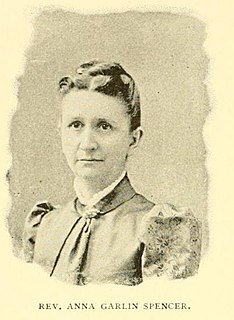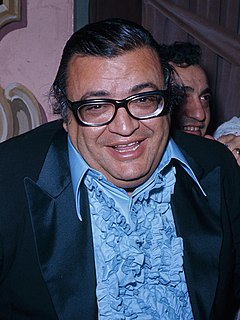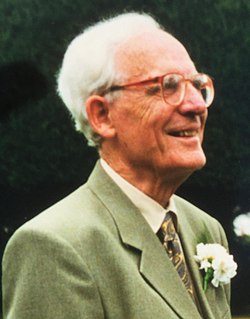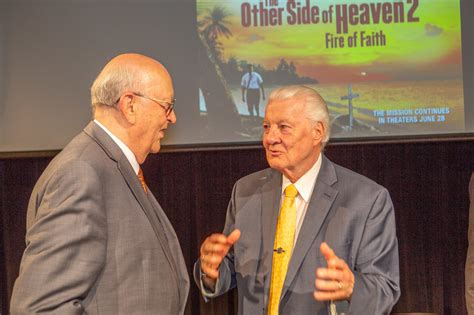A Quote by Hannah Arendt
What is the subject of our thought? Experience! Nothing else!
Related Quotes
In the new alchemy, we have a similar kind of way of thinking. Our internal space includes our intuitions, our thoughts, our senses and our feelings, and from these we construct or build a picture of the outside world. From intuition and thought, we construct time. We also construct space from thought and our sensations. From our senses and our feelings, we experience energy, and from our intuitions and our feelings, we experience motion.
God is not a person; God is manifestation itself. We think that God is a superhuman person, but God is not a person. He is not a subject. We can never experience God in a subject/object experience. God is what makes a subject/object experience possible. We can never see God or experience God as separate from ourselves. God is a being but there is no division.
The difference between men and women is inalienable. It is not a political fact, subject to cultural definition and redefinition, but a physical verity. We do truthfully experience our lives differently because our bodies are different. It is in what we do with our experience that we are the same. We feel, absorb and examine with the same intensity, and intense experience honestly examined informs the art of both sexes equally. ... The power of imagination illuminates all human lives in common.
When we follow the reversal of normal experience, we find ourselves in an unusual, nearly mad experience. Being in an almost mad experience is not something we should fear: only in such experience are we jarred out of our common sense opinions and beliefs. It opens our minds to other ideas and thought. It makes us think.
...fiction is made out of the writer's experience, his whole life from infancy on, everything he's thought and done and seen and read and dreamed. But experience isn't something you go and get - it's a gift, and the only prerequisite for receiving it is that you be open to it. A closed soul can have the most immense adventures, go through a civil war or a trip to the moon, and have nothing to show for all that "experience"; whereas the open soul can do wonders with nothing.
The writer, like a swimmer caught by an undertow, is borne in an unexpected direction. He is carried to a subject which has awaited him--a subject sometimes no part of his conscious plan. Reality, the reality of sensation, has accumulated where it was least sought. To write is to be captured--captured by some experience to which one may have given hardly a thought.







































